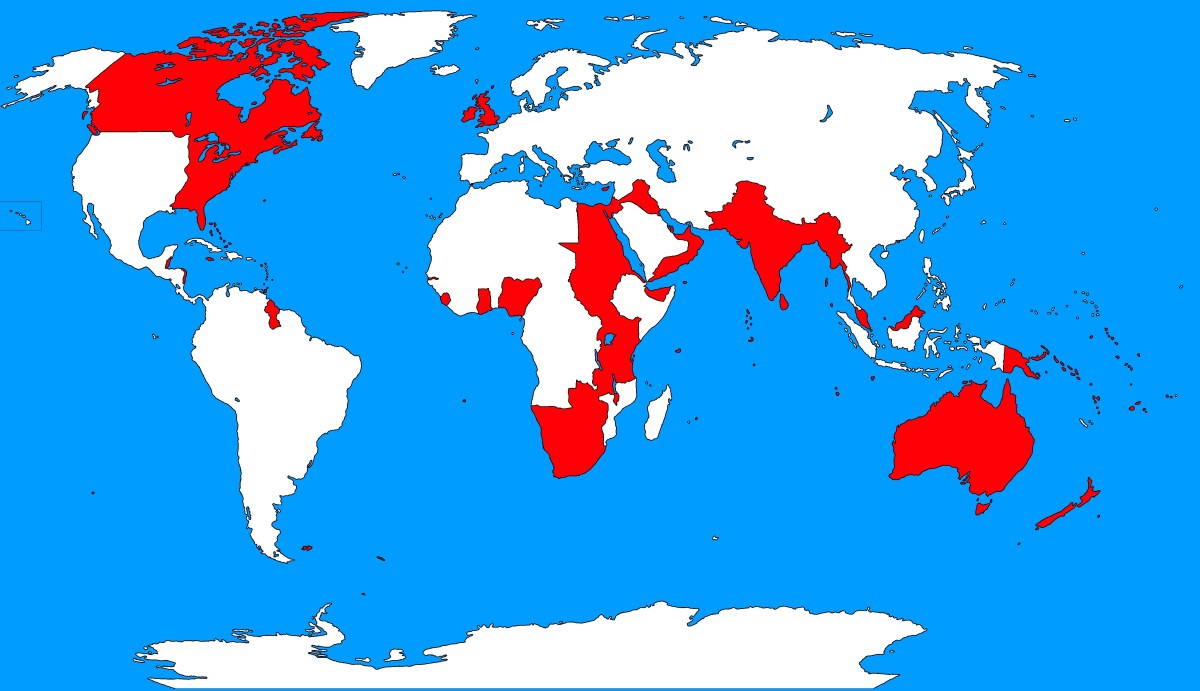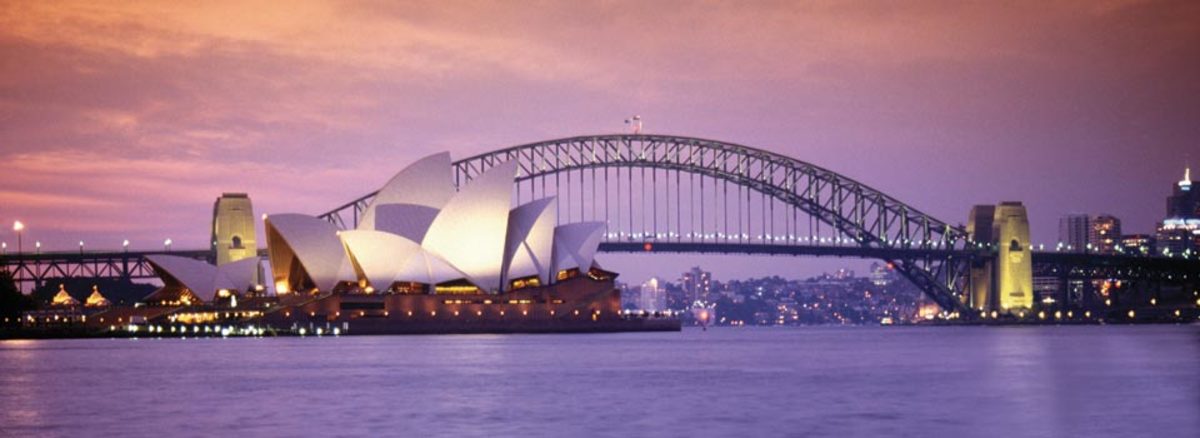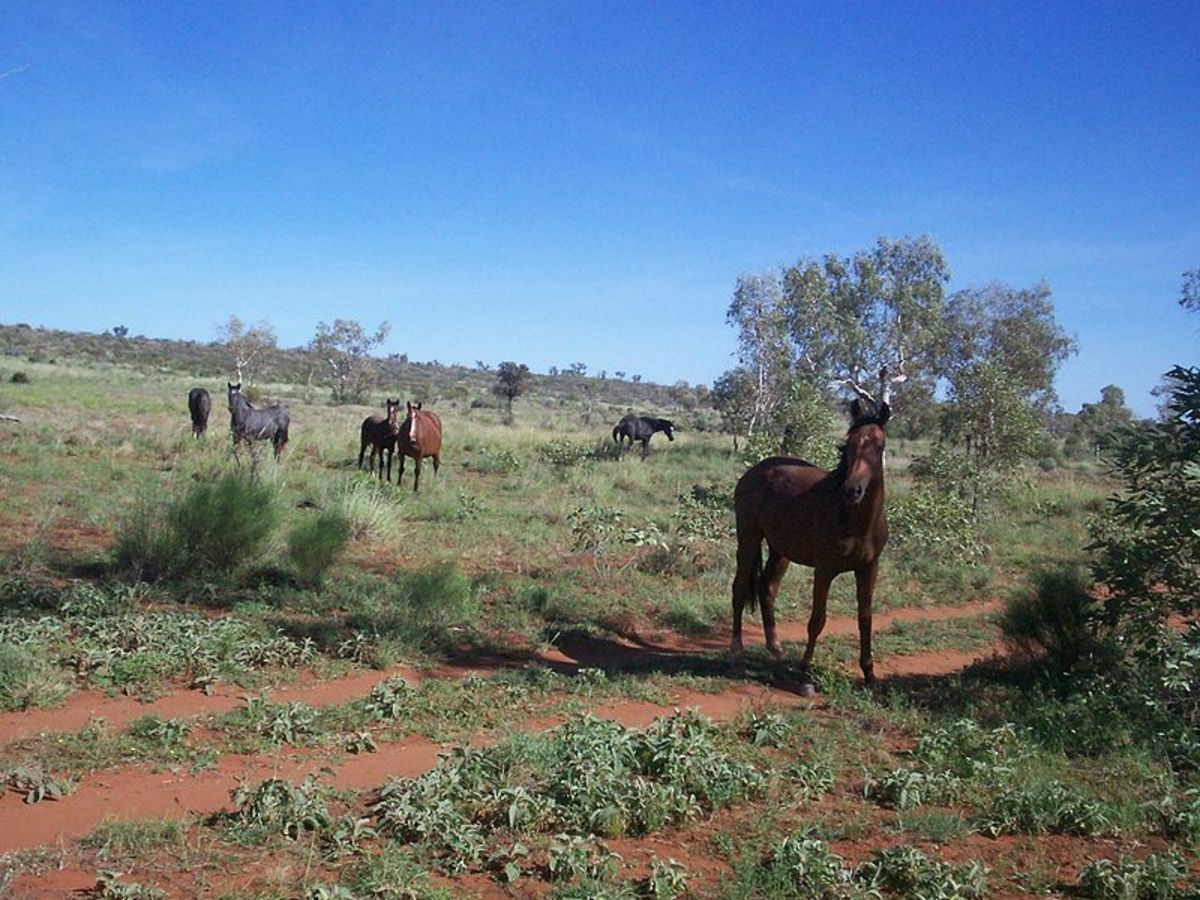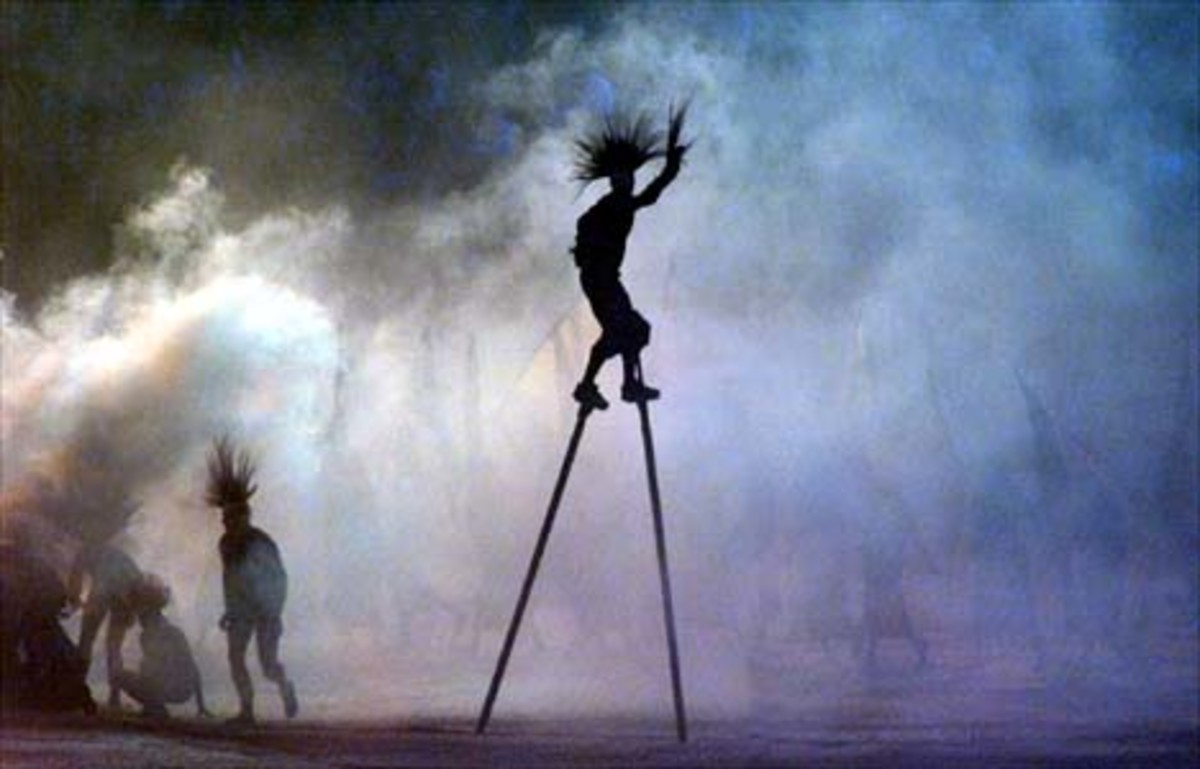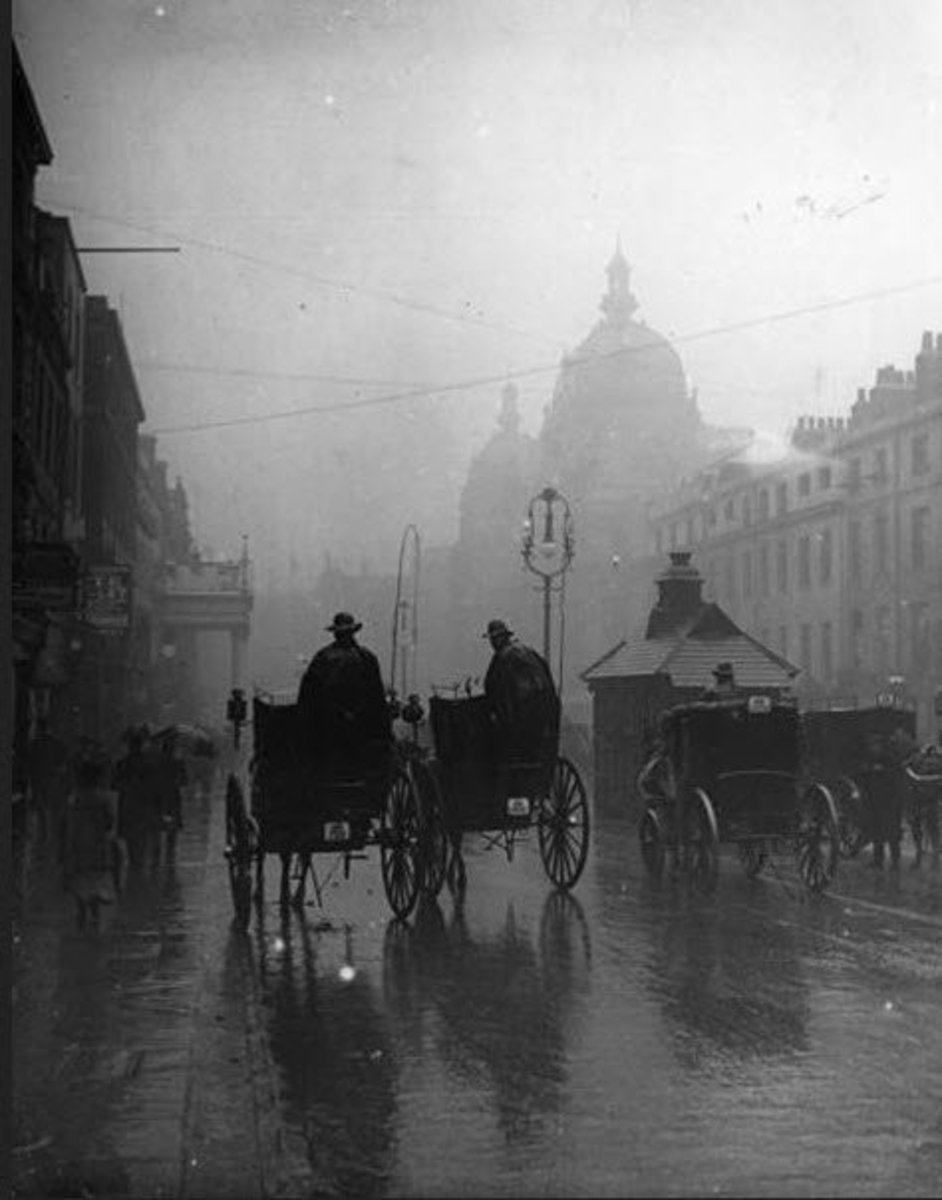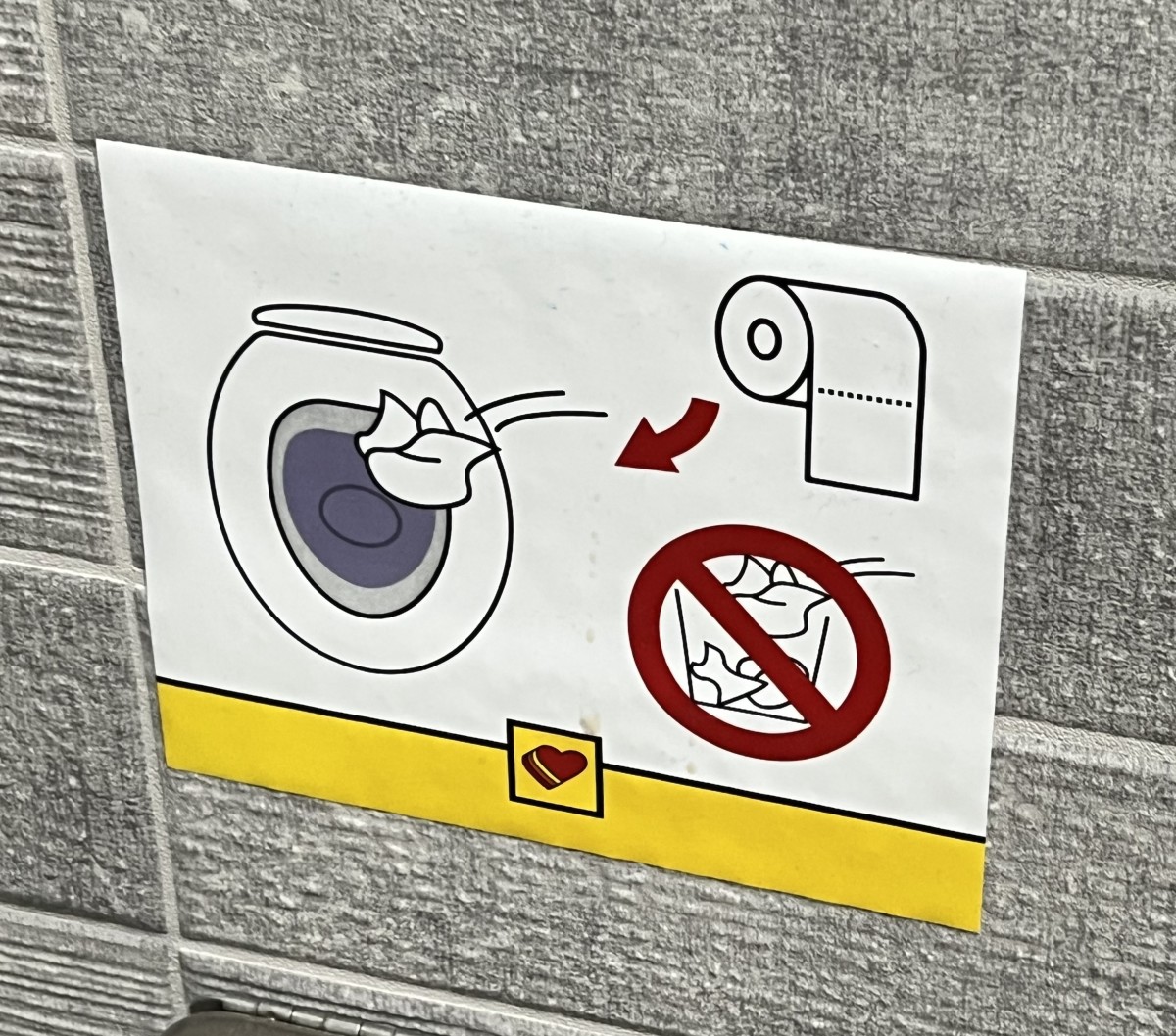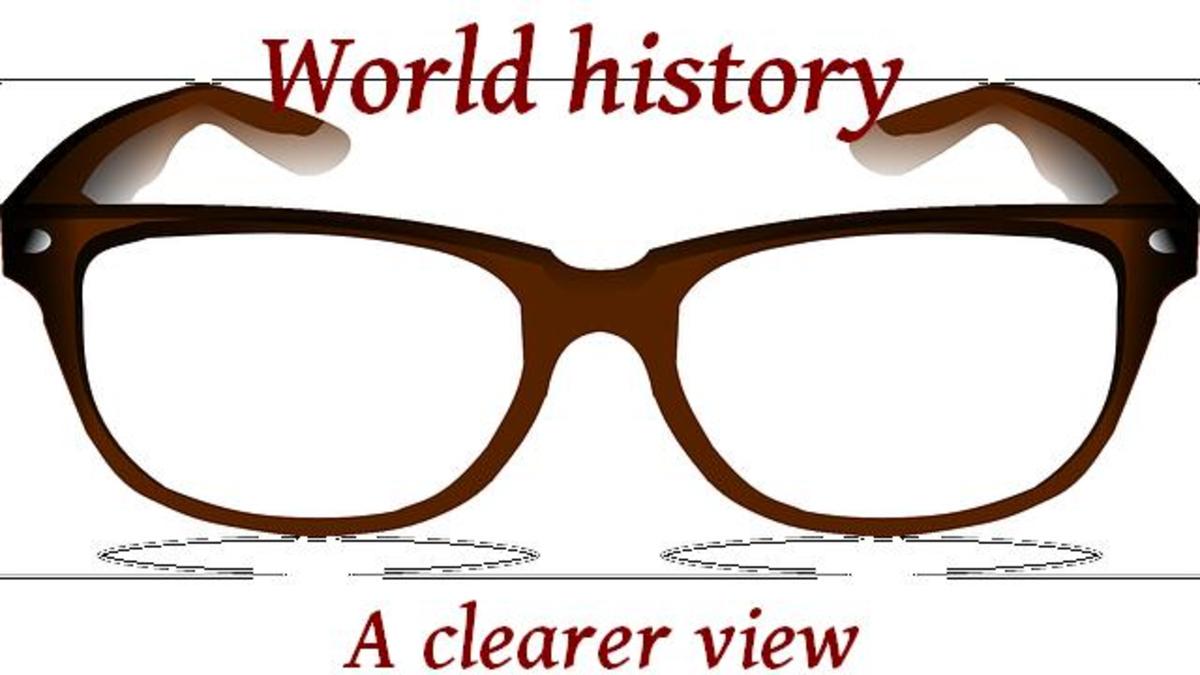The British Empire - the way it was
A citizen of the British Empire, the way it was. Oh, so superior

When I was a boy at school we used to look at maps of the world which showed around a quarter of the earth’s land mass coloured red . The red-coloured countries were all, supposedly, part of the Great British Empire. This, of course, made all English kids such as myself feel themselves to be very important people in the world. We were the tops; everyone else...well, they weren’t quite up to our standard. The Froggies, the Jerries, the Yanks. We were told British soldiers were the toughest fighters (in my formative years World War Two was raging) had the best fighter pilots, and the most powerful and invincible navy. All of this seemed to be borne out when, in 1945 the war was over and we- the allies (We English had done most of it of course) had won. It was only later in life that I realized that such national and racial arrogance was endemic, hence so many world conflicts.
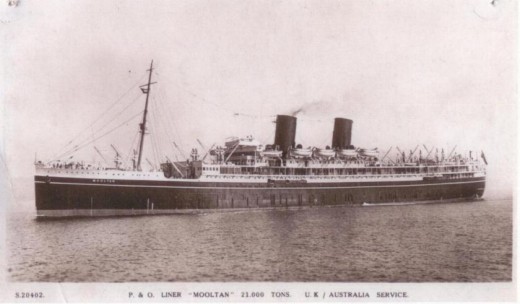
After the War a series of letters arrived in the post boxes of a myriads of Englishmen. It seemed that Canada, Australia, South Africa, Rhodesia and New Zealand were all endevouring to build up their populations and were eager to have British migrants. Well, to cut a longer story short, my mother chose to take herself and her four children to Australia. Canada had been the first choice (Mum liked the mountain scenery) but one needed to be ‘sponsored’ and as we had no relatives in North America but an uncle in Sydney, it was the Southern Hemisphere for us. We settled in Sydney. I was almost fifteen.

After quite an adventurous time as a young man there came to my mind that there might be greener pastures in New Zealand. By this time I was thirty-five. I was married and had three children. I’d served in the Australian Navy, and also done an eleven-year stint with Australia’s Department of Civil Aviation as an aeradio operator. I’d been around a bit: Sydney, Dubbo, Sydney, Madang and Port Moresby in Papua-New Guinea and then back to Sydney. Time to start a new life.
It was so easy in 1971. All those red areas on the world map; the British Empire; now called the British Commonwealth of Nations, had very little red tape where it came to moving anywhere within that red area. No passports. No visas. You simply got on a ship or an aero plane and went. And when you got there, you recorded your arrival and, when the democratic elections came around, you could go to a polling booth and vote. You were automatically ‘a citizen.’ Or that was the case with me when I went from Australia to New Zealand at that time.
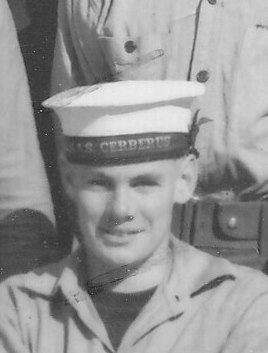
Whilst in New Zealand I spoke with others with whom I worked. So many had been born overseas in the former colonies of Great Britain. Half the Pakeha (non-Maoris) had been born overseas. We had electrical engineers from India, and Malaya (now Malaysia) for example. There were people who came in from Hong Kong. All were accepted: no passports, no visas – to my knowledge. It was so easy.
Then it all changed .
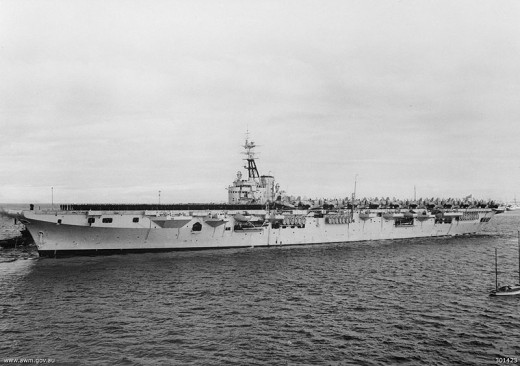
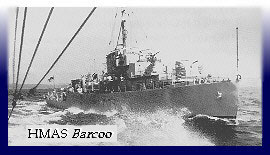
The British Empire - the way it was
I think it might have been old England herself which kicked it off. They did something or other to stop the flow- or at least, slow down the flow- on non-Anglos into England. Passports, Visas, all sorts of restrictions. Maoris from New Zealand found it difficult, as did West Indians of negro descent, and negroes from African colonies. Well! New Zealand responded. Pass port and visas for anyone coming into Blighty...Two can play this game. Ah, but what if we go to Australia first and then on to...? There were all sort of shenanigans to get around the restrictions. So more and more nations got tough.

Australia responded. Passports, visas. No, I admit I don’t know in exactly what order all the red tape was introduced. But before long the whole area of the world where it had once been so easy to move around had become like the rest of our globe: paranoid about newcomers from other lands (and I must admit be part of that now; the world is overflowing with humans, and the people in the fortunate lands want to keep the unfortunates out. It’s a fear thing)
Anyway, it got to a ridiculous stage here in Australia. I’d been in the country for twenty-five years, had served in the Australian Navy, worked for quarter of a century in the Australian Public Service, including with the NSW Police Force and a year-long stint as an Australian Antarctic Expeditioner, to be told that I was not an Australian – no, not unless I became a nationalized citizen. So, twenty-nine years after arriving in what I regard to be the best country in the world: Australia, I finally took the Oath of Allegiance (apparently the earlier oaths taken in various government jobs weren’t good enough) The authorities gave me a colourful piece of paper and I was now officially what I been claiming to be since I was fifteen – being an Aussie!
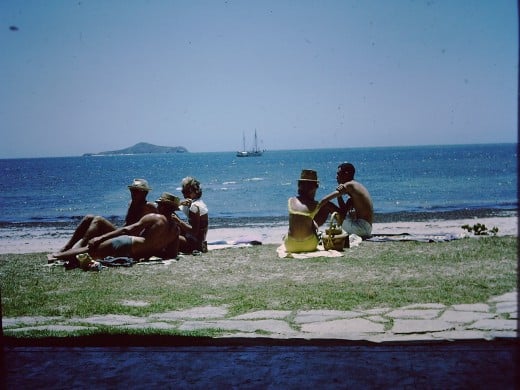
And you know what really prompted it on my part? The fear that if I went back to England for a holiday, I wouldn’t be allowed back into the country I’d been calling home since I was fifteen years of age. And I wasn’t alone in this. For when asked if anyone wanted to ‘say a few words’ to the huge audience gathered in the local town hall where the Citizen Induction Ceremony had just taken place, I – with a not of trepidation - got up and mentioned this point to the huge audience gathered there. To be told after I’d finished by a seemingly never-ending chorus of voices, “Me, too! “Me too! And “Me too.” A couple of hundred people, all residents for years, wondering if they’d be ostracized by a country they lived, loved and laughed in for the better part of their lives.
Oh well...that’s bureaucracy for you.
- Marty Ware Online Management and SEO Systems
Marty Ware Online Management and SEO Systems helping small business and individuals succeed online

